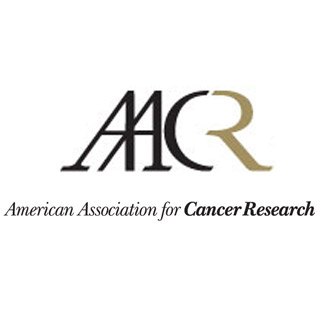
During the study, authors examined data provided by the 2005 Health Information National Trends Survey. This survey encompasses data about health communication and information among U.S. adults aged 18 years and older. Randomly 577 female cancer survivors, including 75 ethnic minority cancer survivors were recruited for initiating the study. 87 percent of cancer survivors were gaining social support from a friend or family member to whom they could talk about their health. It was observed that 99 percent of white cancer survivors had a friend or family member as social support, than 86 percent of non-white female cancer survivors.
“This is an important finding when designing and promoting social support resources for female cancer survivors to better include cancer survivors of color. This might be useful when interventionists and community support groups are conducting outreach as they may want to focus special attention on learning the support needs and desires of cancer survivors who are also women of color in their communities,†affirmed Jennifer M. Jabson, M.P.H., Ph.D., a postdoctoral research fellow in the department of community health sciences at Boston University and study author.
Scientists then questioned about inclusion of moderate-intensity physical activity in which 99 percent reported performing it throughout the week. Physical activity was reported by 78 percent of white female and 75 percent of non-white female cancer survivors. Further investigations will be undertaken for analyzing the role of physical activity, social support and other reinforcing factors which possibly influence non-white women to participate more or less than other cancer survivors.
The study was presented at the Third AACR Conference on The Science of Cancer Health Disparities, held in September 30 to October 3, 2010.
